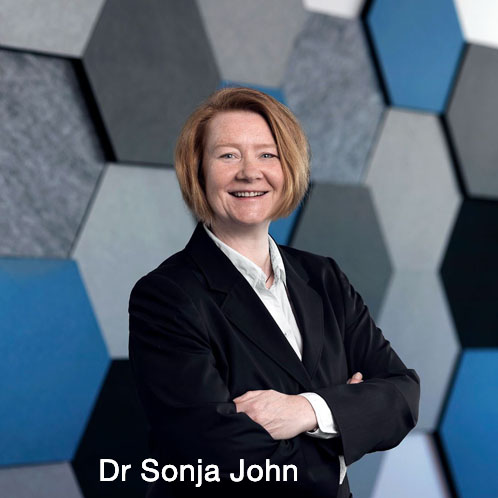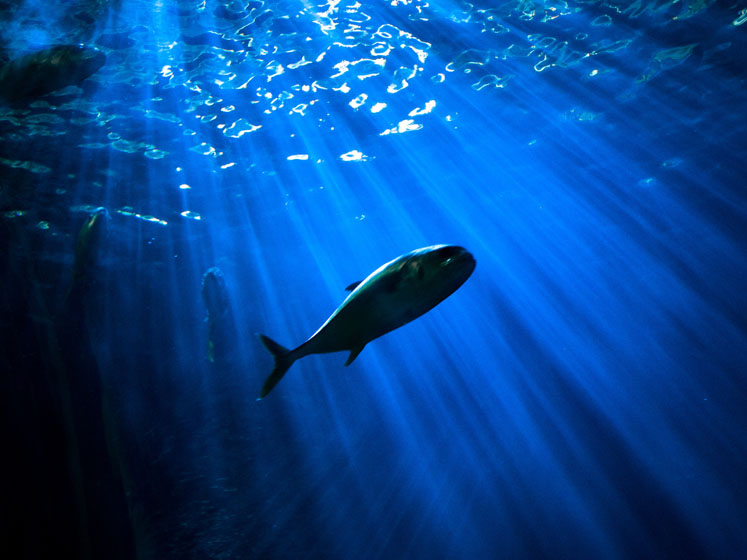Fish farming, also known as aquaculture, plays a significant role in meeting the growing demand for seafood and reducing pressure on wild fish populations.
To ensure adequate nutrition for the ever-increasing world population, it is essential to utilise as much of the food we produce as possible and minimise waste, reports Dr Sonja John, Head of Product and Application Management at Magnesia GmbH.
By prioritising sustainability and adopting best practices, fish farming can contribute to meeting global seafood demand while minimising its ecological footprint.
In general, aquaculture is a sustainable and low-impact way of producing food. As such, there is also a need for aquaculture to ensure that farming practices are fully sustainable and avoid any adverse consequences for Nature.
In this regard, the highly regulated Norwegian aquaculture industry leads the way with strict limits on fish density, sea lice control and zero tolerance regarding antibiotic use.
The process of fish production begins with the careful selection and management of the broodstock (the mature fish used for breeding). This step aims to maintain genetic diversity and optimise desirable traits to ensure healthy and resilient offspring.

After spawning, the fertilised eggs are collected for larval rearing. This stage involves providing suitable conditions such as temperature, water quality and nutrition to support the growth and development of larvae.
After the larval stage, fish are transferred to nursery tanks. Here, they continue to grow in a controlled environment, receiving appropriate feed and monitoring to promote healthy growth. In the grow-out phase, the fish are then transferred to open net pens that, in the case of HI, are located in the pristine waters of the Norwegian fjords.
During this phase, feed, water quality and stocking density are carefully managed to optimise growth and minimise stress. When the fish reach the desired size, typically 4–5 kg, they are harvested. Proper handling techniques are employed to maintain fish welfare.
Compared with beef, salmon require eight times less feed to generate one kilo of meat; at the same time, they produce ten times less carbon and use eleven times less water.
Unsurprisingly, fish farming generates organic waste in the form of faeces and other by-products. If not properly managed, this waste can contribute to water pollution, oxygen depletion and nutrient imbalances in surrounding ecosystems.
In the case of HI, the limited number of fish pens (carefully positioned at depths of 400–600 m in the Norwegian fjords) benefit from closely monitored feeding, which means that the company’s aquaculture has a minimal impact on the environment.
Even the off-cuts of fish fileting — the head, backbone, skin and remaining meat — are upcycled by HBC into premium health ingredients for both humans and pets. This is a major contrast compared with former days when these off-cuts from salmon were regarded as waste or, at best, animal feed.
To enable this upcycling, HBC has developed a patented proprietary process that uses natural (non-GMO) protease enzymes. It starts with the fresh food-grade salmon off-cuts arriving at HBC’s plant in refrigerated trucks within 2 hours of harvesting.

This raw material is inspected and analysed to ensure the highest quality before going into the production process.
The first step is to mince the raw material before it enters the hydrolysis tanks. Natural enzymes are added to the water to “digest” the protein and liberate the fish oil and bones from the raw material.
This output can then be used as ingredients in the production of nutritional supplements and food products.
Magnesia is an international distributor of mineral-based health ingredients. The company places great importance on sustainably sourced products that have a low environmental impact and respect human rights.
Therefore, our collaboration with HBC and the associated distribution of their products in Germany, Austria and Switzerland is a great win. By committing to resource management, environmental conservation, social responsibility and zero waste, sustainability can be integrated into the core business operations of manufacturers and distributors.
